Bachelor of Science in PsychologySchool of Arts and Sciences
Discover the how and why behind human behavior
While pursuing a Bachelor of Science in Psychology degree, students will explore the captivating world of human behavior, both as a science and to promote well-being. If you find people fascinating and their behavior intriguing, this program is designed for you. Delve into the study of psychology, a field that provides a breadth of knowledge and skills that can be applied to any field such as critical thinking, analytical reasoning, and effective communication. Our comprehensive curriculum equips students with a solid foundation to satisfy that curiosity about human behavior and prepare for a diverse range of career opportunities.
At Edgewood University, students will examine various aspects of psychology, choosing to embrace the subject areas that interest them the most. Our Psychology Research Center, coupled with partnership with community organizations for internships, offers students a unique educational experience. Pursue your own research interests under the mentorship of our dedicated faculty and gain hands-on experiences that will set you apart in the job market.
Our program is academically rigorous and committed to real-world application. Students can customize their education by choosing a concentration that will prepare them for clinical certification and/or a specialized career path. Leaders in the psychology field, our faculty bring their diverse expertise to offer a wider range of courses, while maintaining the intimacy of a small collaborative community of learners. Graduates from our program have successfully pursued roles in human resources, social services, sales, marketing, and more, with many continuing their studies in graduate programs.
Clinical Counseling Concentration
This concentration is designed for students seeking advanced training and career opportunities in clinical and counseling professions. It explores the major theories of personality, abnormal behavior, and psychotherapies. Additionally, it provides students with a strong foundation for graduate programs and pre-professional clinical work with individuals from diverse backgrounds.
The general concentration offers students the greatest flexibility to select courses within the major, encompassing various sub-fields of psychology. It includes courses designed to prepare students for advanced graduate training and future opportunities in the field of psychology. And it also stands on its own as a general bachelor’s level degree suitable for entry into many professions.
Students in this program can sit for the state certification social work licensing exam by adding the human services concentration. When combined with the psychology major, this concentration prepares students for state certification. Upon completing the program and passing the state social work exam, students will earn the “Certified Social Worker” credential without needing to attend graduate school.
Substance Abuse Counseling Concentration
This concentration is designed to educate students in the assessment, treatment, and prevention of substance abuse problems utilizing the Biopsychosocial Model of Addiction. It meets the educational requirements for Wisconsin Substance Abuse Counselor Certification.
Madison, WI
On-campus
120
August 25, 2025
Careers within Psychology
$53,710
Average annual salary for a Substance Abuse, Behavioral Disorder, and Mental Health Counselor
A Bachelor’s degree in Psychology prepares you for a variety of career paths. Those marked with an asterisk (*) require a graduate level degree.
- Behavioral Health Technician
- Career Counselor
- Case Manager
- Childcare Worker
- Clinical Psychologist*
- Counselor
- Health Educator
- Human Resource Specialist
- Marketer
- Mental Health Specialist
- Occupational Therapist*
- Rehabilitation Specialist
- Research Specialist
- Social Worker
- Teacher
Psychology Student Spotlight
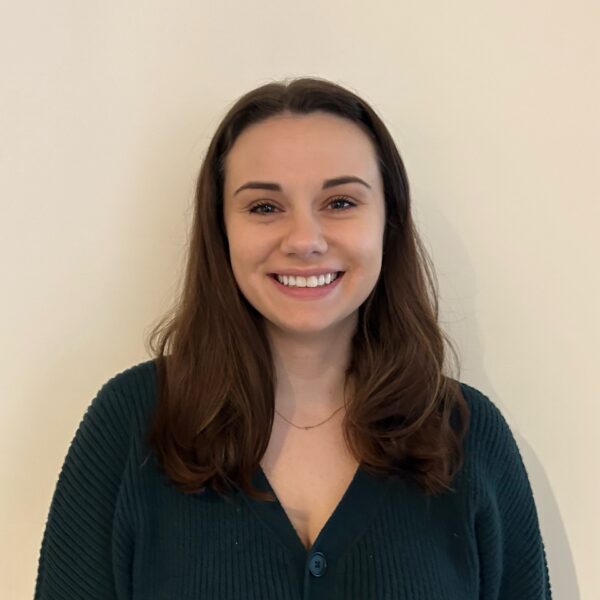
Jessica Erickson ‘20
ALMFT, Bachelor of Science in Psychology, Clinical Counseling Concentration, Associate Marriage and Family Therapist, Fleming Family Therapy, LLC
“The advice that I would offer current Edgewood Psychology majors is to seek out opportunities, and to take those presented to you. The Professors in the psychology department are not only intelligent and great teachers, but they care about their students, and I felt that first-hand. My time at Edgewood University was truly so helpful to my career and I cannot imagine having gotten those opportunities at other (bigger) schools (i.e., working in the Psychology department, conducting research with faculty, and having professors that know me personally and do what they can to help support me).”
Featured Courses
Psychology 288 Cognition and Perception
In this course, we will explore the neural processes underlying cognitive functions such as attention, reasoning, imagery, language, problem solving, sensation, and perception. We will examine these phenomena in the context of the evolution of the cognitive system in the natural world, and the physiological mechanisms that enable them. Within the body of this course, we will understand Cognitive Science as a foundational laboratory science, and we will cover many theoretical and empirical approaches to Cognitive Science, with a focus on Perception. This course will provide students with knowledge and experience in the theories and techniques that are the foundations of experimental psychology and our understanding of the basic functional properties of the human brain.
Psychology 315 Parent-Child Relationships
This course considers parenting practices across diverse cultures around the world and within the United States. It draws on research from several disciplines (primarily psychology, sociology, and anthropology) to inform students’ understanding of parenting in diverse cultures. An interdisciplinary approach will be employed to examine how geographic, political, religious, cultural, and economic characteristics of the country/region/community affect specific childrearing approaches and practices. The course will also cover a smaller number of “controversial” topics, including: child discipline; grandparents as parents; fatherhood; parenting children with special needs; gay/lesbian parenting; and child abuse. In trying to understand parenting practices, students will also examine parenting practices in their own communities through a community engagement activity outside of class.
Psychology 340 Psychopathology
This course will introduce students to a wide range of psychological disorders and conditions of psychopathology, along with contemporary treatment approaches. Students are introduced to historical and contemporary, accepted conceptualizations of psychopathology, the Diagnostic and Statistical Manual of Mental Disorders (DSM) and the basis of diagnosis and classification of psychopathology. In addition, where applicable critical thinking multicultural, legal, and ethical issues involved in the field are also addressed.
Psychology Experiences
All psychology majors at Edgewood University are required to do at least one psychology-related internship. The purpose of the internship is for students to gain relevant professional experiences that provide valuable skills for post bachelor’s jobs or graduate school applications. Field internships involve engaging with the community and could include working with children on the autism spectrum, with victims living in domestic violence shelters, in residential treatment centers, community centers, working alongside school psychologists, or in the areas of social services. Research internships could involve developing research questions, designing a research study, collecting and analyzing data, and presenting the project
Field/Community Based Experiences
Active experiences involving psychology as a science or in psychology as a means to improving human welfare. 1 credit will be required for Clinical/Counseling and General Psychology Majors. Students will contact the Psychology Department internship director and the nature and extent of the internship experience will determine the number of credits. Internships will be available in settings offering psychological services. PSY 495 (1.00 – 6.00 credits)
Prerequisites: PSY 101
This seminar-style internship course provides students an opportunity to gain first-hand knowledge and skills of social work practice. The seminar facilitates the integration of curricular content with supervised social work experience serving diverse populations and social systems. HS 400 (4.00 – 6.00 credits)
Prerequisite(s): HS 300, HS 302, and consent of instructor.
Professional Seminar/Internship Substance Abuse
Work in a setting for the assessment and treatment of alcohol and other substance abuse. The internship participants will discuss their internship experiences, specifically related to issues of case management and referral, assessment and treatment planning, record keeping, cultural diversity, relapse prevention, aftercare, patient and community education, and the ethical considerations facing professionals working in the field. The senior seminars and internships are the clinical capstone within the Substance Abuse Counseling concentration. Substance Abuse concentrations must take 2 semesters of PSY 496 to fulfill this requirement. Students must also take PSY 497 for 1 credit concurrently with PSY 496 for 1 semester. PSY 496 (4.00 Credits)
Prerequisite(s): PSY 101, PSY 380
Research Based Experiences
A beginning level research experience in which students will engage in research in a support role. Students may support the development, implementation or continuation of research projects. Students will gain skills in basic research processes. It may be part of a developmental research process, or a standalone experience. PSY 292 (1.00 credit)
Prerequisite(s): PSY 101
An intermediate level research experience in which students will engage in independent research. This could be a new research project, or the continuation of a project. Students may gain skills in study design, data collection, data analysis, and presentation. This may be the second stage of a developmental research process and can fulfill the internship requirement when taken concurrently with 1 credit of PSY 497 3. PSY 392 (1.00 – 2.00 credits)
Prerequisite(s): PSY 101 ; Consent of instructor.
A two-semester senior level capstone research project. In the first semester, students will develop and implement an independent research project. Students will gain skills in searching data sources, research ethics, reviewing and analyzing empirical research to drive study design, creation and programming of research materials, preparation for data collection, as well as writing the introduction and methods of a research manuscript. This may be the third stage of a developmental research process and can fulfill the internship requirement. In the second semester, students will continue to develop research skills in the form of data collection, data coding and analysis, public research presentation as well as the writing of the results and discussion section of a research manuscript. This may be the fourth stage of a developmental research process and can fulfill the internship requirement when taken concurrently with 1 credit of PSY 497 3. PSY 492 (2.00 credits/semester, 4 credits total)
Prerequisite(s): PSY 101, PSY 375, and consent of instructor.
Research Participation Opportunities
The Psychology Research Center is in Dominican Hall and offers students opportunities for data collection and research using experimental, observational, and physiological methods. You will experience immersive virtual reality simulations, computer-based experiments, behavioral observation studies, and physiological data collection techniques. Different scenarios and experiences can be simulated in this environment, while the research student and advisor observe reactions and interactions of the participants. Research is student-designed and conducted with volunteer participants. Students are involved in design, data collection and analyses, and presentation.
Check out the Psychology Research Center page for more specific information regarding research opportunities.
Faculty Spotlight
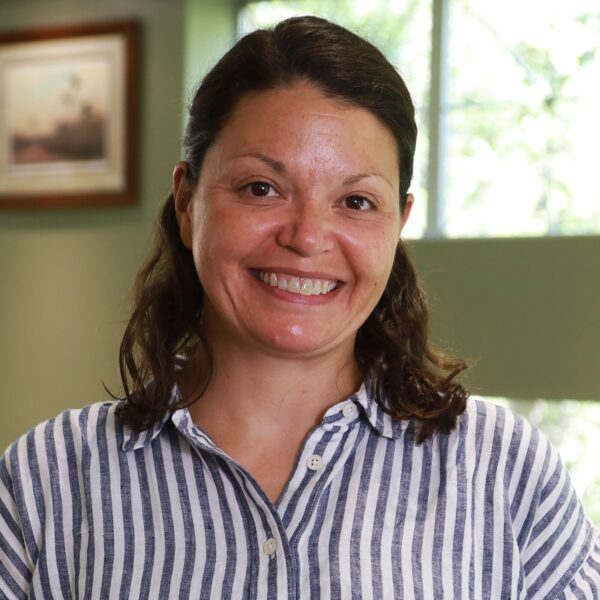
Ashley Holland
Professor, Division Head
AshleyHolland@edgewood.edu
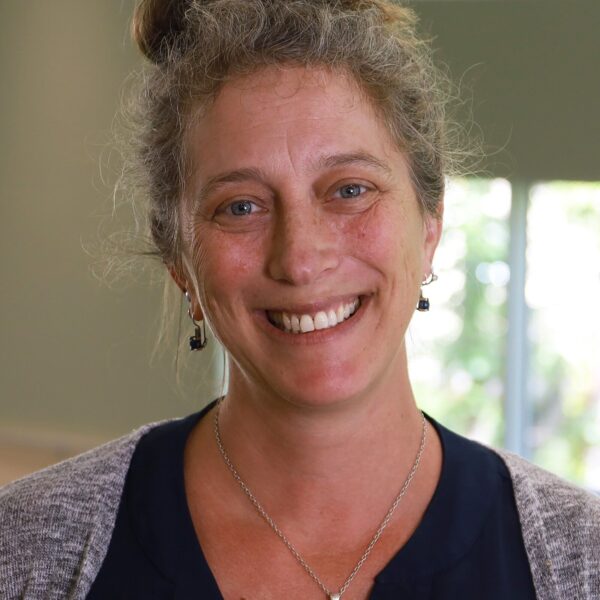
Ferrinne Spector
Associate Professor
FSpector@edgewood.edu

Kimby Hughes
Adjunct Instructor
KShult@edgewood.edu

David Lambert
Associate Professor
Lambert@edgewood.edu

Shalini Singh
Assistant Professor
SSingh@edgewood.edu

Emily Truman
Adjunct Instructor
ETruman@edgewood.edu
-
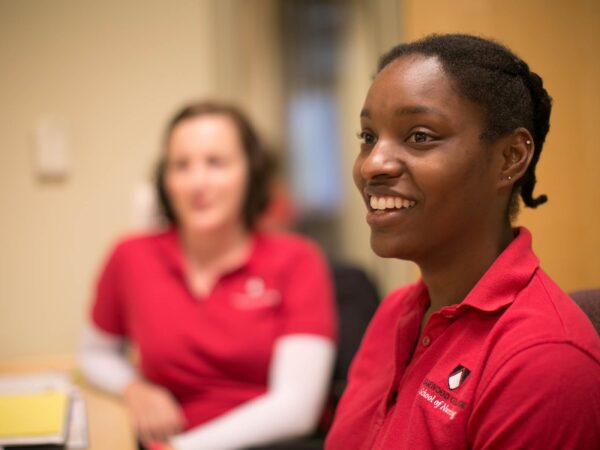
On-campus
Bachelor of Science in Nursing -

On-campus
Bachelor of Science in Criminal Justice -

On-campus
Bachelor of Science in Sociology
-
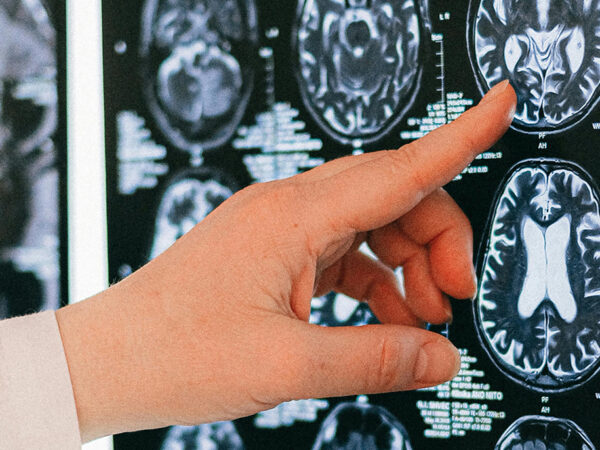
On-campus
Bachelor of Science in Neuroscience -

On-campus
Bachelor of Arts in Art Therapy -
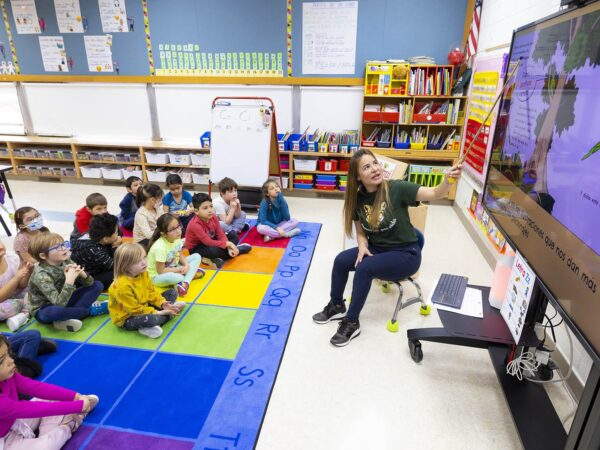
Frequently Asked Questions
Can I combine psychology with another major or minor?
Yes! Psychology has been paired with many other majors and a frequently chosen minor for other majors, such as nursing and education. Common double majors include neuroscience, criminal justice, and art therapy.
Do I need a graduate degree to work in the field of psychology?
No! Psychology majors can work in the field with their bachelor’s degree in many areas including research, clinical/behavioral support, or community organizations. However, some positions in Psychology, such as delivering therapy one-on-one would require a graduate degree.
How well does the program prepare students for graduate studies in psychology?
The Psychology program, with the differing concentrations and internship experience, prepares students well for graduate work. Psychology graduates who apply to graduate school are typically accepted to the program of their choice.
Yes! Our psychology faculty are skilled advisors that can help you prepare for entry to any graduate program. The pre-health professional pathways program at Edgewood University parallels your academic major while infusing career-focused programing. While not a bachelor’s degree program, pre-health pathways are highly sought after among students of all academic majors. Faculty Advisors help tailor a course plan based on your current major, minor, experience, and professional goals.